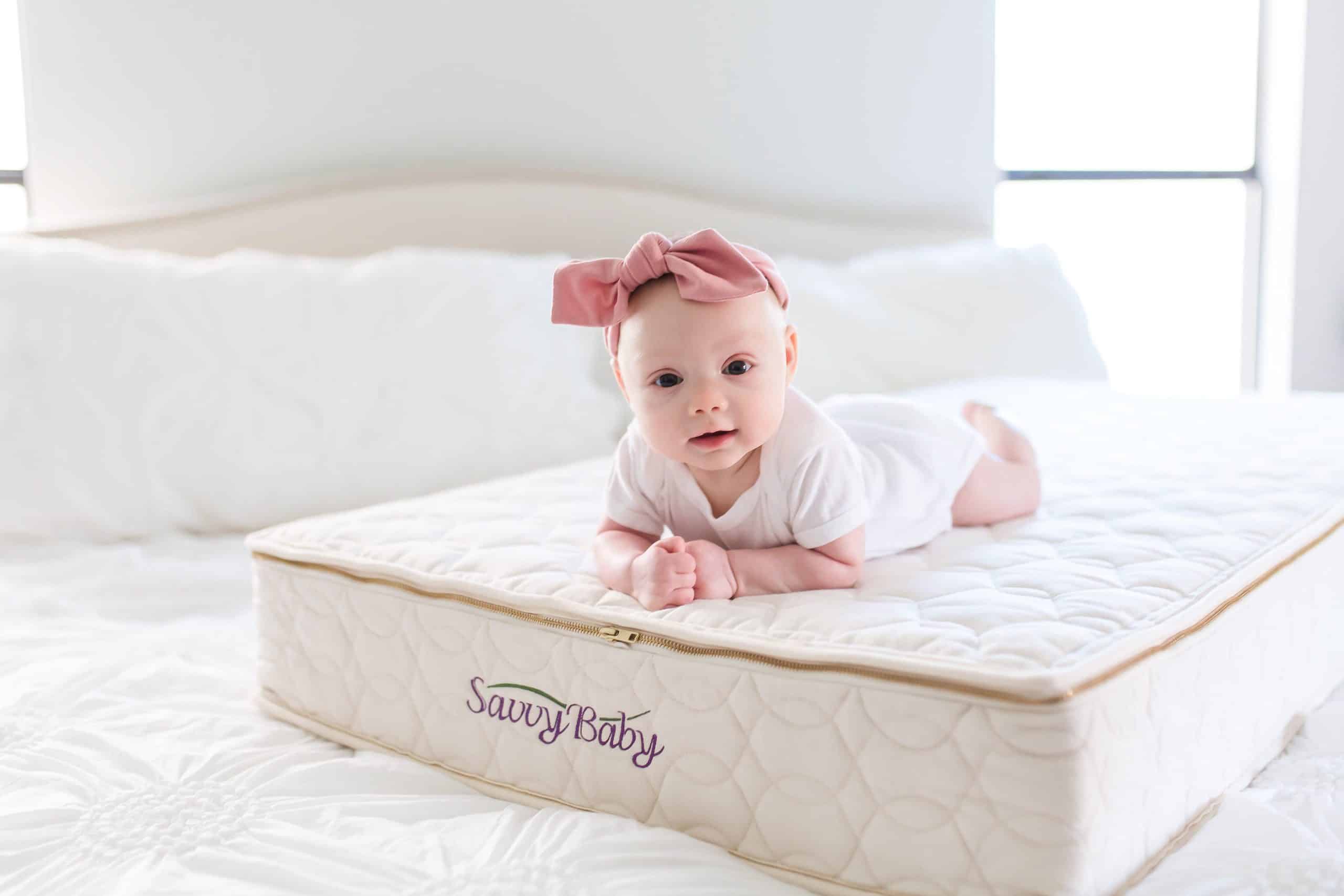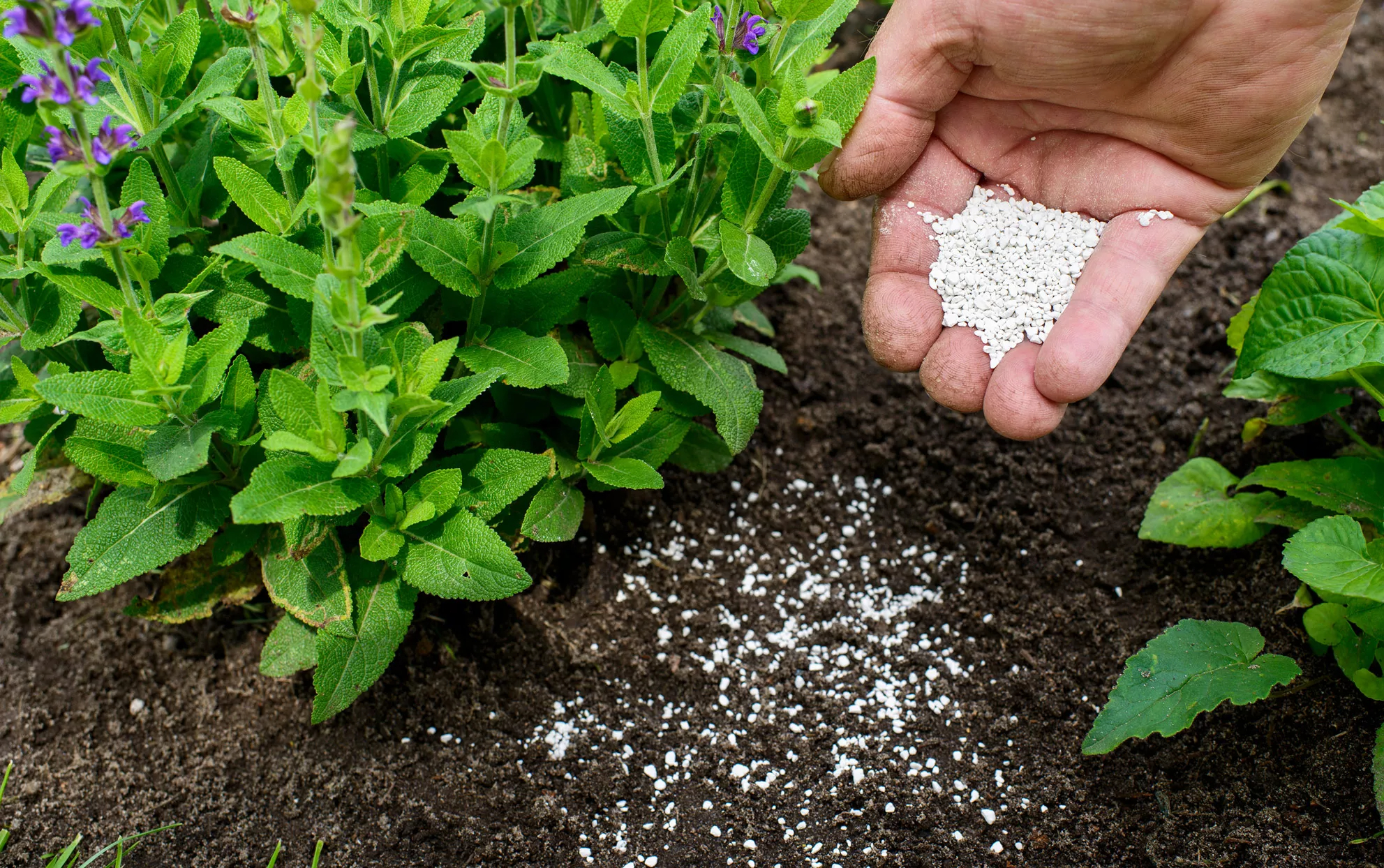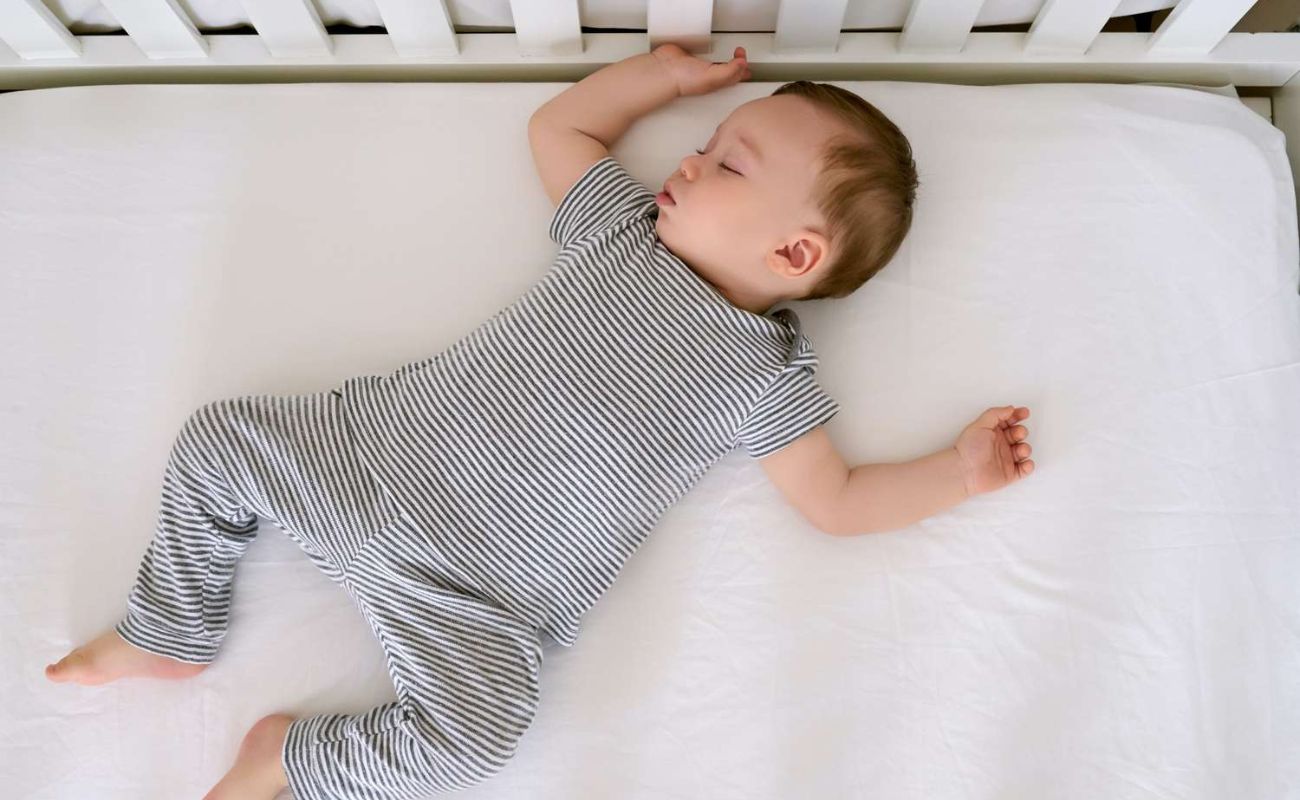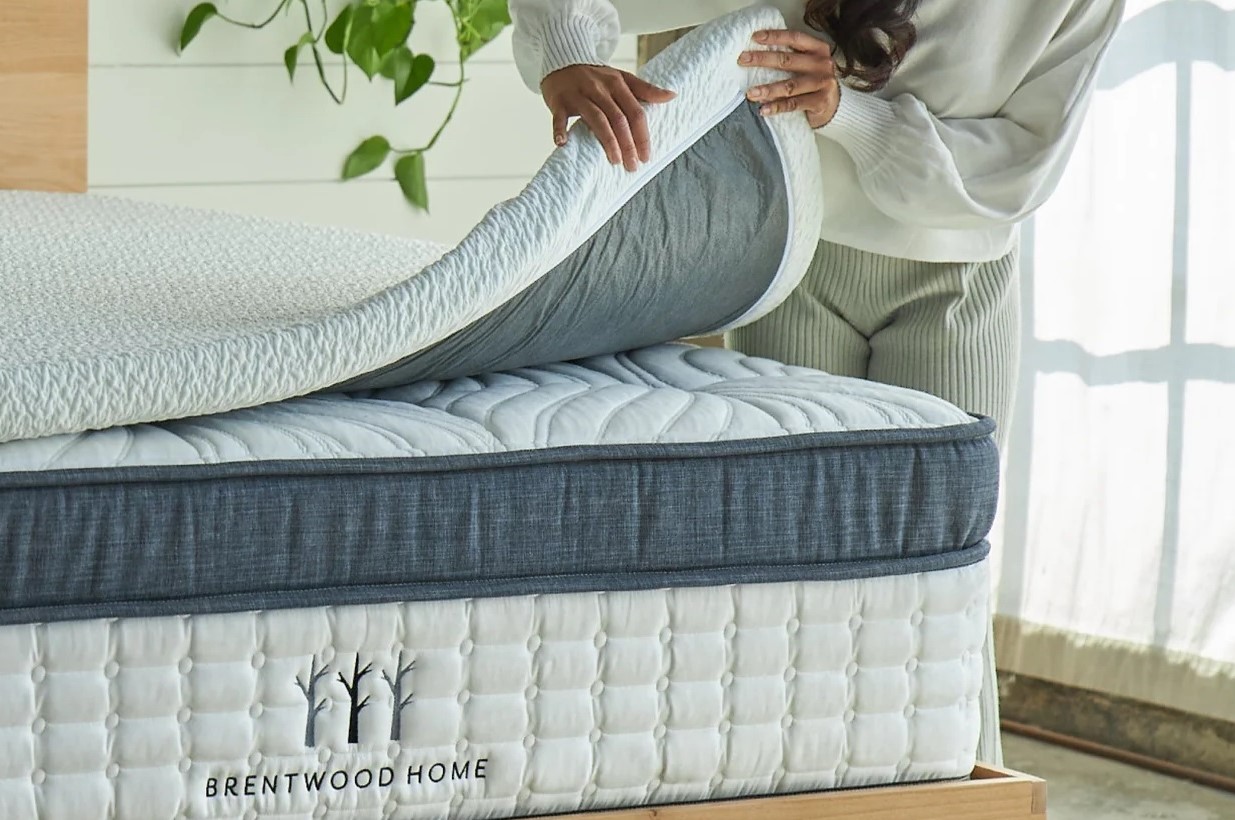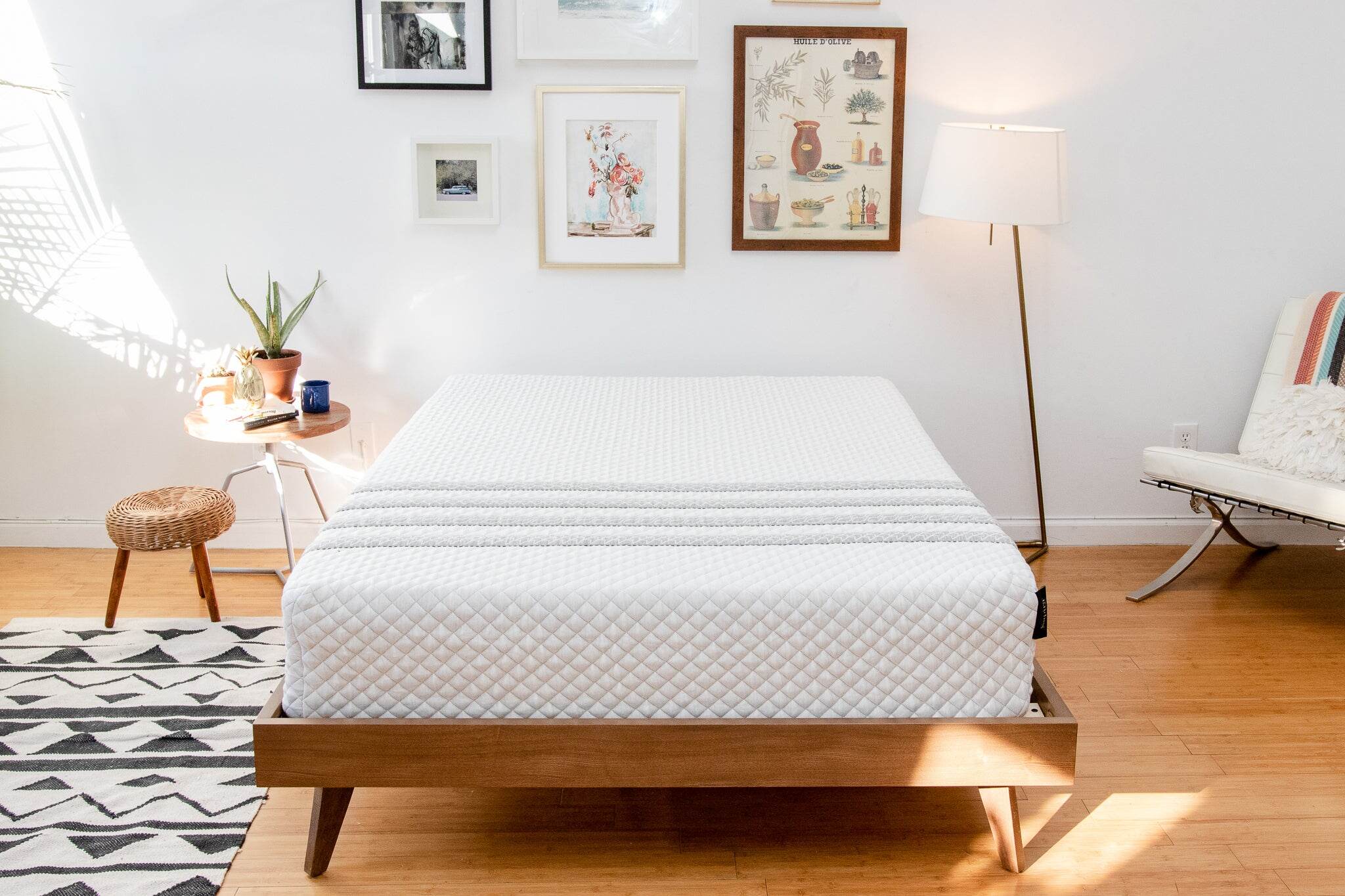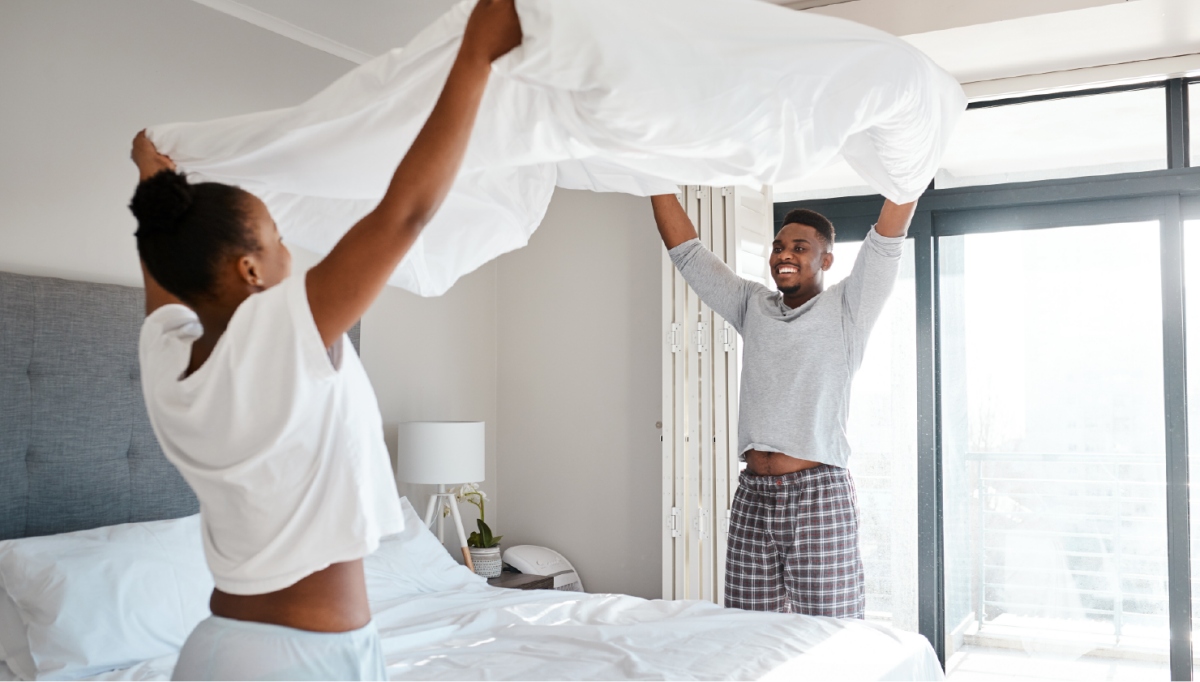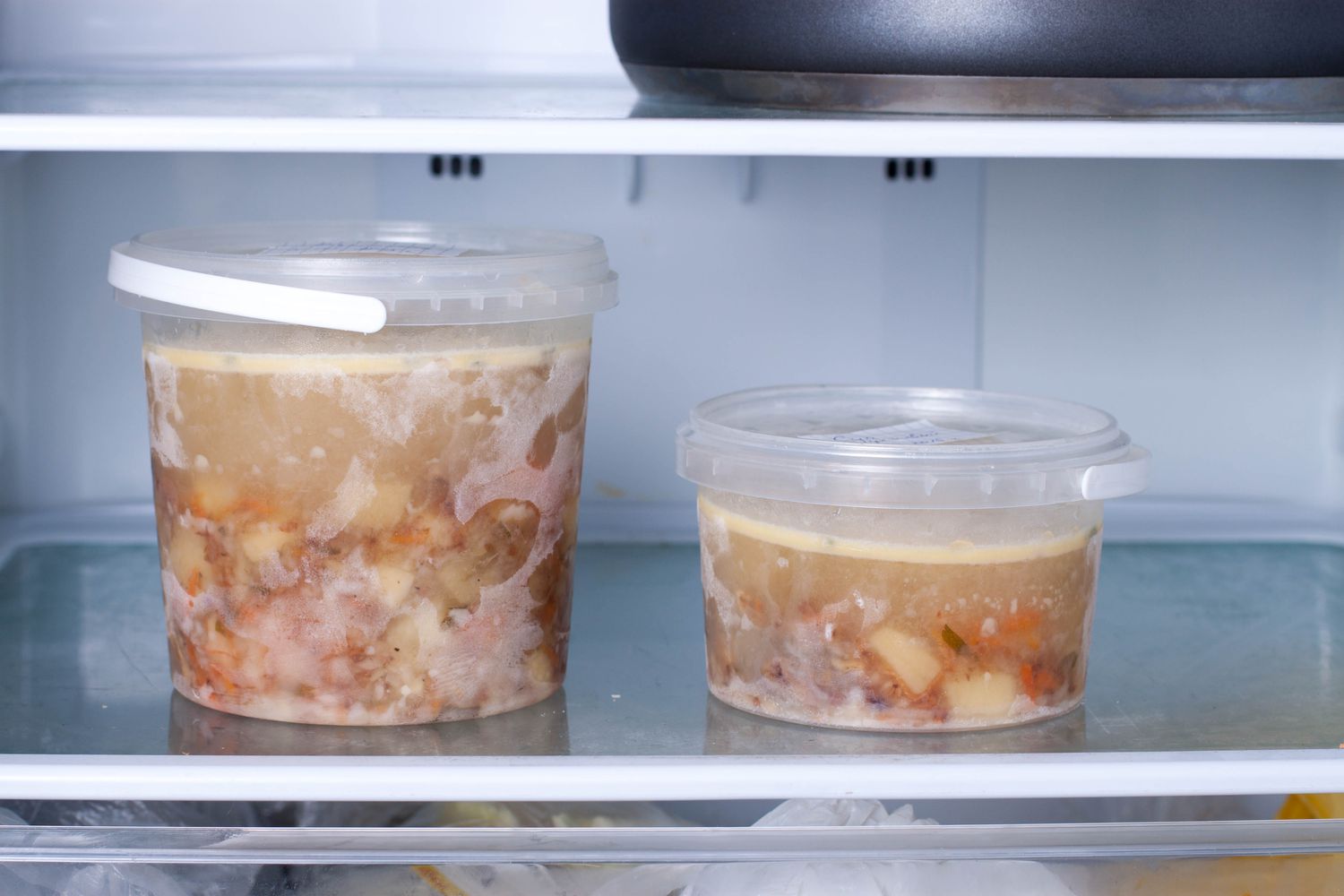Home>Furniture>Bedroom Furniture>How Long Is A Baby Mattress Good For
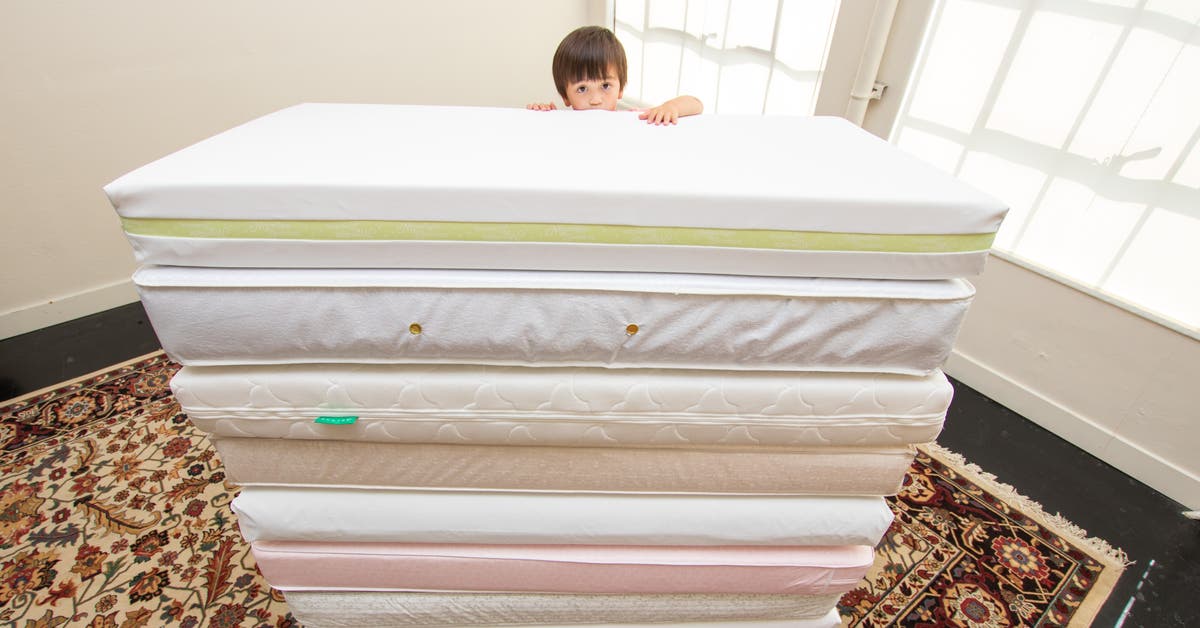

Bedroom Furniture
How Long Is A Baby Mattress Good For
Modified: December 7, 2023
Looking for bedroom furniture? Find out how long a baby mattress is good for and make sure your little one sleeps comfortably.
(Many of the links in this article redirect to a specific reviewed product. Your purchase of these products through affiliate links helps to generate commission for Storables.com, at no extra cost. Learn more)
Introduction
Choosing the right baby mattress is crucial for ensuring your little one’s comfort and safety during their early years. A quality mattress not only supports your baby’s developing body but also promotes better sleep, which is essential for their growth and well-being. However, it’s important to note that no matter how good a baby mattress is, it won’t last forever. Over time, mattresses can wear out and lose their integrity, which may raise concerns about safety and hygiene.
In this article, we will explore the factors that affect the lifespan of a baby mattress, signs that indicate it may be time to replace it, tips for extending the mattress’s longevity, and when it’s recommended to invest in a new one. Understanding these aspects will help you make informed decisions and ensure your baby’s sleeping environment remains healthy and comfortable.
Key Takeaways:
- Ensure your baby’s mattress lasts by investing in quality, maintaining it properly, and being mindful of environmental factors. Keep an eye out for signs of wear and tear to ensure your baby’s safety and comfort.
- Regularly assess your baby’s mattress for signs of wear, such as sagging, odors, or lack of support. Follow manufacturer guidelines and replace as needed to prioritize your baby’s comfort and well-being.
Read more: How To Clean A Baby Mattress
Factors Affecting the Lifespan of a Baby Mattress
The lifespan of a baby mattress can vary depending on several factors. Here are the most significant ones to consider:
- Mattress Quality: The quality of the materials used in the construction of the mattress plays a critical role in determining its lifespan. High-quality mattresses are often made with durable materials that can withstand regular use and maintain their shape and support over time.
- Mattress Maintenance: Proper maintenance and care can significantly extend the lifespan of a baby mattress. Regular cleaning and spot treatment of any stains or spills can help prevent the buildup of dirt, bacteria, and allergens that can degrade the mattress over time.
- Frequency of Use: The more frequently a baby mattress is used, the more wear and tear it will experience. If it is used for consecutive children, it may have a shorter lifespan compared to a mattress used for only one child.
- Weight Capacity: Baby mattresses have weight limits, and exceeding these limits can lead to premature sagging and damage. Make sure to check the weight capacity of the mattress and avoid placing additional weight such as toys or heavy objects on it.
- Changing Sheets: Regularly changing the sheets and using a mattress protector can help protect the mattress from spills, dirt, and moisture. This can contribute to prolonging its lifespan.
- Environmental Factors: The environment in which the baby mattress is placed can impact its durability. Exposure to extreme temperatures, direct sunlight, and high humidity levels can accelerate wear and tear.
It’s important to keep these factors in mind when choosing a baby mattress and throughout its use. By taking proactive steps to maintain the mattress and monitoring its condition, you can optimize its lifespan and ensure a safe sleeping environment for your baby.
Signs of an Expired Baby Mattress
Knowing when it’s time to replace a baby mattress is crucial for your child’s safety and comfort. Here are some common signs that indicate a baby mattress may be expired and in need of replacement:
- Sagging or Indentations: Over time, a baby mattress may start to develop sagging areas or visible indentations. These can affect the mattress’s ability to provide proper support and may pose a risk to your baby’s spine and overall comfort.
- Visible Wear and Tear: Pay attention to any visible signs of wear and tear, such as frayed edges, ripped seams, or fabric deterioration. These can compromise the mattress’s integrity and increase the risk of injury or discomfort.
- Unpleasant Odors: If your baby mattress emits a persistent, unpleasant odor that lingers even after cleaning, it may indicate the presence of mold, mildew, or bacteria. This can be harmful to your baby’s health and is a clear sign that the mattress needs to be replaced.
- Allergies or Respiratory Issues: If your baby experiences frequent allergies or respiratory issues, it could be due to allergens trapped in the mattress. Despite proper cleaning, allergens like dust mites can accumulate over time, leading to allergic reactions or exacerbating respiratory conditions.
- Noise and Creaking: A baby mattress should provide a quiet and peaceful sleep environment. If you notice excessive noise, creaking, or squeaking when the mattress is moved or when your baby shifts positions, it may indicate worn-out springs or internal components.
- Lack of Support: A baby mattress should provide adequate support to ensure your baby’s proper spinal alignment. If you notice that the mattress feels less supportive or your baby seems uncomfortable or restless during sleep, it may be an indication that the mattress has lost its firmness and needs to be replaced.
If you observe any of these signs, it’s best to err on the side of caution and replace the baby mattress promptly. Remember, your baby’s safety and sleep quality are of utmost importance, and investing in a new mattress will provide peace of mind and ensure their well-being.
A baby mattress is typically good for 3-5 years, depending on the quality and how well it’s maintained. Look for signs of wear and tear, and consider replacing if it’s no longer providing adequate support.
Tips for Extending the Lifespan of a Baby Mattress
Taking care of your baby’s mattress can help prolong its lifespan and maintain a safe and hygienic sleeping environment. Here are some tips to consider:
- Use a Waterproof Mattress Protector: Invest in a waterproof mattress protector to shield the mattress from spills, accidents, and stains. This will help prevent moisture from seeping into the mattress and protect it from bacterial growth and odors.
- Rotate the Mattress: Regularly rotating the baby mattress can help distribute weight and pressure evenly, reducing the chances of sagging and indentations. Aim to rotate the mattress every couple of months or as recommended by the manufacturer.
- Clean Spills and Stains Immediately: Promptly clean any spills or stains on the mattress using a mild detergent and a damp cloth. Avoid using harsh chemicals that may damage the mattress. Dab the affected area gently without saturating the mattress, and allow it to fully dry before covering it again.
- Vacuum Regularly: Vacuum the surface of the mattress regularly to remove dust, hair, and allergens that can accumulate over time. Use the upholstery attachment to reach all the corners and crevices.
- Avoid Jumping or Putting Excessive Weight on the Mattress: Discourage your child from jumping on the mattress or placing heavy objects on it. Excessive weight or impact can damage the internal structure and shorten the lifespan of the mattress.
- Ensure Proper Bedding Fit: Use fitted sheets specifically designed for baby mattresses. Ill-fitting sheets can cause unnecessary strain on the mattress, leading to faster wear and tear.
- Keep the Mattress in a Clean and Dry Environment: Maintain a clean and dry sleeping environment for your baby. Avoid exposing the mattress to direct sunlight for prolonged periods, as it can cause material degradation.
- Follow Manufacturer’s Guidelines: Always refer to the manufacturer’s guidelines and care instructions for your specific baby mattress. They may have specific recommendations for cleaning, maintenance, and usage that can help maximize its lifespan.
By following these tips, you can help extend the lifespan of your baby’s mattress, ensuring its continued comfort and safety throughout their early years.
When to Replace a Baby Mattress
While proper care and maintenance can extend the lifespan of a baby mattress, there comes a time when it is necessary to replace it. Here are some indicators that it’s time to invest in a new mattress for your little one:
- Age: As a general guideline, it’s recommended to replace a baby mattress every 3 to 5 years, even if it appears to be in good condition. This timeframe accounts for the natural wear and tear that occurs over time.
- Safety Concerns: If your baby mattress no longer meets safety standards or has been recalled by the manufacturer, it is essential to replace it immediately. Keeping your baby in a safe sleep environment is of utmost importance.
- Visible Signs of Wear: If the mattress shows visible signs of wear, such as sagging, indentations, or tears, it’s a clear indication that it has reached the end of its lifespan. These signs can compromise the mattress’s support and may pose safety risks to your baby.
- Health and Hygiene: If your baby suffers from severe allergies, asthma, or recurrent respiratory issues, it may be necessary to replace the mattress. Over time, allergens like dust mites can accumulate, exacerbating these conditions despite regular cleaning.
- Changed Circumstances: If you plan on using the mattress for a second or subsequent child, consider whether it has been stored properly and if there have been any significant changes in its environment. If there are concerns about its condition, it’s advisable to replace it for the new baby’s safety.
Ultimately, the decision to replace a baby mattress depends on a combination of factors, including its age, condition, safety standards, and your child’s specific needs. If you have any doubts or concerns about the mattress’s suitability, it’s always better to err on the side of caution and invest in a new one.
Read more: How Good Is The Purple Mattress
Conclusion
Choosing the right baby mattress and ensuring its longevity is essential for your child’s comfort, support, and safety during their early years. By understanding the factors that affect the lifespan of a baby mattress and knowing the signs of an expired mattress, you can make informed decisions regarding its replacement. Proper maintenance, such as using a mattress protector, regular cleaning, and avoiding excessive weight, can help extend the mattress’s lifespan and maintain a healthy sleeping environment for your baby.
While it’s important to take steps to prolong the lifespan of a baby mattress, it’s crucial to prioritize your child’s safety and well-being. If you notice visible wear and tear, sagging, unpleasant odors, or other signs indicating the mattress may be expired, it’s recommended to replace it promptly to ensure optimal comfort and support for your little one.
Remember, a good quality baby mattress is an investment in your child’s sleep and overall development. By following manufacturer guidelines, practicing proper mattress maintenance, and periodically assessing the condition of the mattress, you can ensure that your baby has a safe, comfortable, and supportive sleep environment.
When it comes to your baby’s sleep, it’s worth prioritizing their comfort and safety. Keep a close eye on the condition of the mattress, make any necessary replacements, and enjoy watching your little one sleep soundly through the night.
Frequently Asked Questions about How Long Is A Baby Mattress Good For
Was this page helpful?
At Storables.com, we guarantee accurate and reliable information. Our content, validated by Expert Board Contributors, is crafted following stringent Editorial Policies. We're committed to providing you with well-researched, expert-backed insights for all your informational needs.
